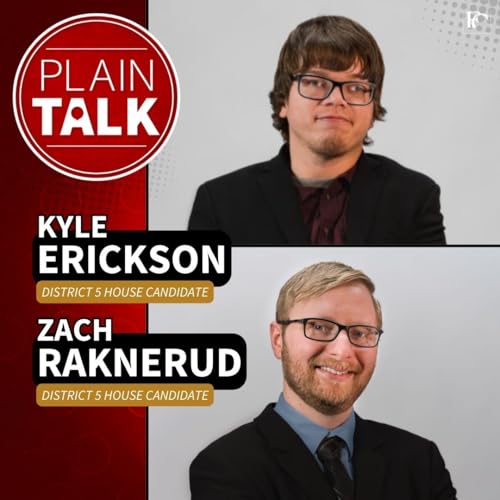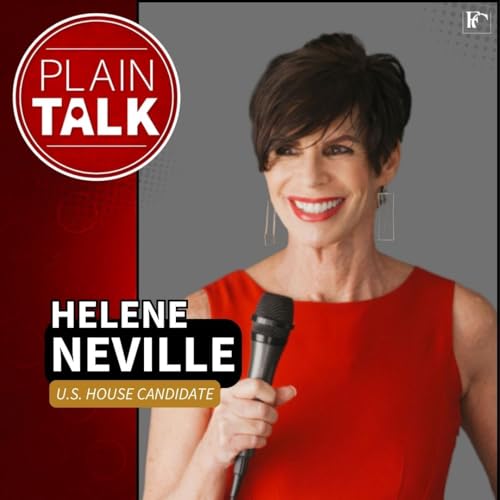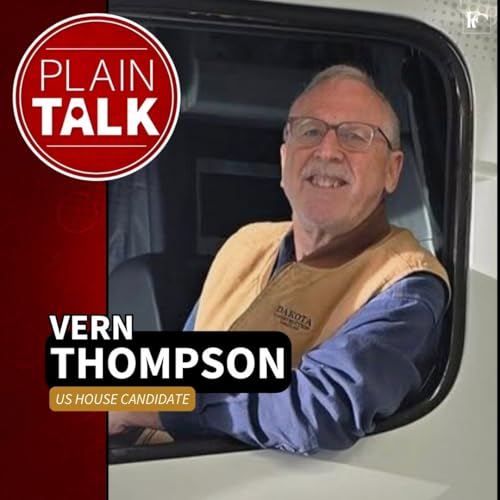"I don't see a lot of upside in the market in 2026, frankly."
That was the blunt assessment of Ron Ness, long-time president of the North Dakota Petroleum Council. He wasn't calling for a panic on this episode of Plain Talk, but he is suggesting some realism.
We invited Ness on to discuss the decision by North Dakota oil pioneer Harold Hamm to lay down his drilling rigs for the first time in decades.
"Rule number one is, nobody speaks for Harold Hamm other than Harold Hamm," Ness said, but added that Hamm is "simply saying the math simply just does not work at at this price of oil."
The reason for that is largely out of North Dakota's control. Operators here are at a disadvantage because of our state's geographic remoteness from refiners, as well as our weather. This has gotten harder as rising global supplies have driven down oil prices.
"I've been saying for years, you guys, I don't know if anybody's been listening, but our business climate in North Code is eroded," he said. "Our costs are higher. It's getting harder and harder...it's just really really expensive to operate here."
He argues that state leaders need to be cautious about committing themselves to more spending.
"We underestimate the impact on income taxes and the impact on sales taxes," he said, pointing out that the state takes in a lot of revenues from the oil extraction and production taxes, but what often gets discounted is the revenues from economic activity around operating drilling rigs. The sales taxes from equipment purchases, for instance, and the income taxes paid by workers.
"When you lay down drilling rigs... that's really the driver of of the economic activity." The state still has some real opportunities before it, though. "We're still leaving 85% of the oil behind," Ness said, which is ripe for enhanced recovery efforts.
"You can mobilize the oil if you put rich gas or or carbon dioxide on that rock and it mobilizes that oil off the rock," though he acknowledge that the politics around bringing the carbon dioxide needed for those efforts to the state through pipelines have become fraught.
Also on this episode, me and co-host Chad Oban react to last week's special session and prognosticate the likely fallout from the defeat of the school lunch bill.
If you want to participate in Plain Talk, just give us a call or text at 701-587-3141. It's super easy — leave your message, tell us your name and where you're from, and we might feature it on an upcoming episode.
 1 h y 8 m
1 h y 8 m 1 h y 1 m
1 h y 1 m 54 m
54 m Feb 13 202653 m
Feb 13 202653 m Feb 11 202651 m
Feb 11 202651 m 49 m
49 m Feb 4 202652 m
Feb 4 202652 m 56 m
56 m
